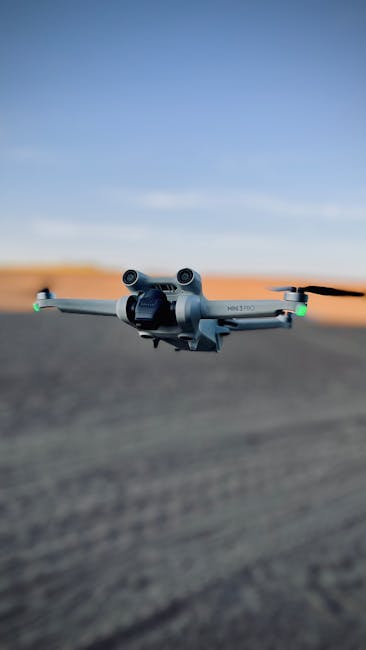
Exploring the Ethical Implications of Deception Detection Technology
In an era where technology is rapidly evolving, deception detection tools have emerged as a powerful ally in fields such as security, law enforcement, and even corporate hiring. While these technologies promise increased efficiency and accuracy compared to traditional methods, they also raise significant ethical concerns. This blog post delves into the ethical implications of deception detection technology, examining its potential benefits and the challenges it poses to privacy, fairness, and human rights.
Understanding Deception Detection Technology
Deception detection technology refers to systems designed to identify lies or deceit based on various indicators, such as voice stress, facial expressions, or physiological responses. These technologies include polygraph tests, voice stress analyzers, and more advanced artificial intelligence systems that analyze micro-expressions and biometric data.
The Science Behind Deception Detection
Deception detection relies on the premise that lying causes physiological changes or behavioral cues. For instance, a polygraph measures physiological responses like heart rate and perspiration, while AI-based systems analyze facial expressions and voice patterns. Despite advancements, the accuracy of these technologies remains a topic of debate, with polygraphs showing an accuracy rate of around 70%, according to the American Psychological Association.
The Ethical Landscape of Deception Detection
While the allure of deception detection technology lies in its promise of truth unveiling, it is crucial to consider its ethical dimensions. Here, we explore key ethical considerations:
Privacy Concerns
One of the most pressing ethical issues is privacy. Deception detection often involves collecting and analyzing personal data, sometimes without explicit consent. For example, AI systems integrated into surveillance cameras can monitor people’s facial expressions in public places, leading to potential misuse and privacy invasion.
Risk of Discrimination
The algorithms used in deception detection can inadvertently perpetuate bias, leading to unfair treatment of certain groups. Studies have shown that facial recognition systems can have higher error rates for individuals with darker skin tones. This raises concerns about discrimination and the ethical obligation to ensure fairness and equality in technology deployment.
Accuracy and Reliability
The reliability of deception detection technology is not foolproof. False positives can have serious consequences, such as wrongful accusations or unjust job rejections. For instance, a study by the National Academy of Sciences found that polygraph tests can produce false positives at significant rates, questioning their ethical use in sensitive situations.
Applications and Ethical Dilemmas
Deception detection technology is applied in various industries, each presenting unique ethical dilemmas. Let’s explore some notable applications:
Law Enforcement
Law enforcement agencies use deception detection tools in criminal investigations and interrogations. While these tools can aid in uncovering the truth, they also risk infringing on suspects’ rights. Moreover, reliance on technology over human judgment can lead to ethical oversights, where human empathy and intuition are overshadowed by machine data.
Corporate Hiring
Employers increasingly use deception detection during job interviews to assess candidate honesty. However, this practice raises ethical questions about privacy and consent. Candidates may not be fully aware of the data being collected and how it is used, leading to concerns about transparency and informed consent.
National Security
In national security, deception detection technology is deployed to identify potential threats. While this can enhance security measures, it can also lead to ethical challenges, such as racial profiling and discrimination, if not implemented with caution and sensitivity to human rights.
Ethical Guidelines and Best Practices
To navigate the ethical complexities of deception detection technology, organizations and policymakers must adopt comprehensive guidelines and best practices. Here are some actionable tips:
Transparency and Informed Consent
Organizations should prioritize transparency by informing individuals about the use of deception detection technology and obtaining explicit consent. Clear communication about what data is collected and how it is used can build trust and mitigate privacy concerns.
Bias Mitigation
Developers must focus on creating algorithms that are free from bias. Regular audits and testing can help identify and rectify biases in deception detection systems. Additionally, involving diverse teams in the development process can ensure a more inclusive approach.
Human Oversight
Despite technological advancements, human oversight remains crucial. Ensuring that human judgment complements technological insights can prevent ethical oversights and enhance decision-making processes.
Conclusion
Deception detection technology offers significant potential in improving truth verification processes across various sectors. However, its ethical implications cannot be overlooked. Balancing technological advancements with ethical considerations is essential to ensure that these tools are used responsibly and do not infringe on individual rights and freedoms. As we continue to integrate deception detection technology into our lives, ongoing dialogue and collaboration between technologists, ethicists, and policymakers will be vital in shaping a future that respects both innovation and ethics.
